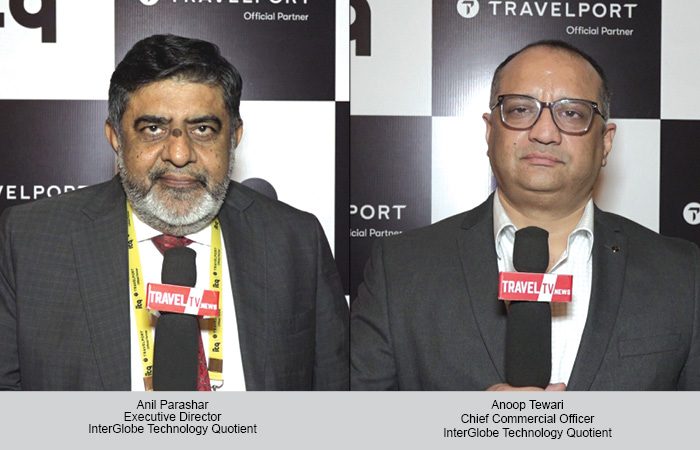Kingshuk Biswas, who is on the UNWTO panel of Tourism Experts, delves into how the tourism industry can generate demand in such a dismal scenario, and offers some suggestions for ‘creating’ this demand post COVID.
According to a recent Booking.com research report, 86% Indian travellers will take more health and safety related precautions when travelling in the future. It also states that more than 70% Indians would avoid certain destinations altogether due to safety concerns. Seventy-seven per cent of Indian travellers will only book a particular accommodation if it’s clear what health and hygiene policies it has in place, with almost 80% favoring accommodations that have antibacterial and sanitizing products. In the wake of COVID-19 second wave in the country the question the industry is asking is, “how does the tourism industry generate demand in such a dismal scenario? ” Here are my few suggestions for ‘creating demand’ for the industry post COVID.
Market safety, hygiene and green practices (accommodation sector)
Interesting in the post-COVID scenario, I am seeing lot of hotels across India offering attractive packages focusing primarily on the ‘price factor’. I wonder that as a customer is ‘price’ going to be the motivational factor for me to travel with family post-COVID? For customers’ family & friends, health, safety, seclusion will be key motivators, not ‘price’ alone. Some results of a quick search of the major OTAs:
Booking.com has a filter for hotel search for ‘properties with ‘additional health & safety measures’
MakeMyTrip has a search filter exclusively for ‘safe, hygienic stays’
Expedia has a filter for hotel search on ‘Enhanced cleaning – properties taking additional steps to clean and sanitise’
Tripadvisor has a hotel search filter for ‘electric vehicle charging station’
The point I am trying to make is that it is high time that hotels start promoting their (1) green/sustainable practices, (2) hygiene factors, (3) COVID-free environment, etc., rather than just offering price discounts. The entire marketing and branding of the hotels in the post-COVID era should be on the lines of health, nature, discovery, rejuvenation, solace, going local, etc.
Create culturally immersive experiences
Having a cursory look at the social media platforms of the state tourism boards in India post COVID-19, it is evident that most of them have been aggressively promoting unknown/lesser known destinations. Again few findings from the OTAs:
Thrillophilia, which is majorly into experiences and tours, has a separate section ‘Away from the crowd’
Viator, the international OTA specialising in tours, has amongst many sections interesting sections like ‘unique experiences’ and ‘outdoor activities’
Tour Operators thus are perfectly poised to promote and highlight the cultural identity of the destinations. This strategic and smart investment in creating new unique local experiences would go a long way in their recovery.
Explore virtual experiences & shopping
I strongly recommend that tour operators/tours guides in India take a leaf out of Intrepid Travel’s foray into this area. Customers pay and sign up for an online experience led by someone in another country and spend an hour or two interacting, learning a new skill, asking questions, and learning about local culture and traditions. The virtual experiences would also provide tour guides in India with a new kind of product offering to help support economic recovery. The live virtual tours can be expanded to virtual shopping experiences, where customers can actually shop, for example in Janpath market in Delhi, and the goods can then be shipped directly to the buyers.
Promote community based tourism (CBT)
Destinations belong to communities and tourists are merely visiting the location. Community-based tourism is not something new but it gets more prominence post COVID-19. As such it was mostly the NGOs and a few passionate tour operators/boutique hotels who have been promoting community-based tourism till date. Post COVID-19, given the changing mindset of the tourists, they will look for more meaningful, responsible and immersive experiences. CBT experiences will boom.
Market sustainable luxury travel
The COVID-19 crisis has led to the behavioral change of social distancing and seclusion. Currently in India, boutique hotels/homestays away from the city are doing much better than city hotels. There is an emerging trend for booking the entire property just between family and friends, and customers are ready to pay for that privilege and exclusivity. Tour operators are experiencing more focus on customised travel itineraries rather than large group bookings.Customers want immersive experiences at one destination with guarantee of seclusion. Luxury travel has a new mantra of ‘seclusion & privacy’.
 TravTalk India Online Magazine
TravTalk India Online Magazine







